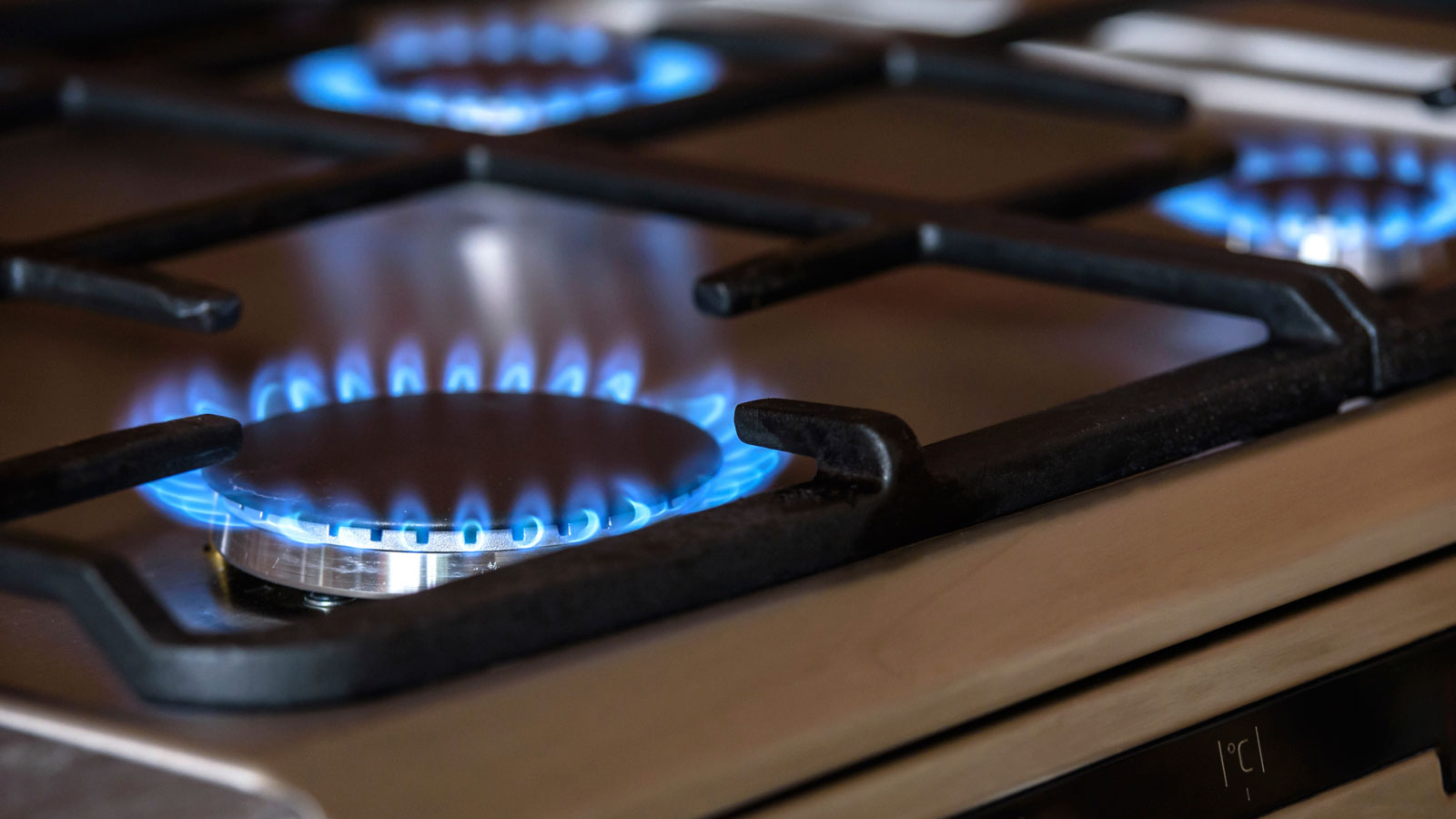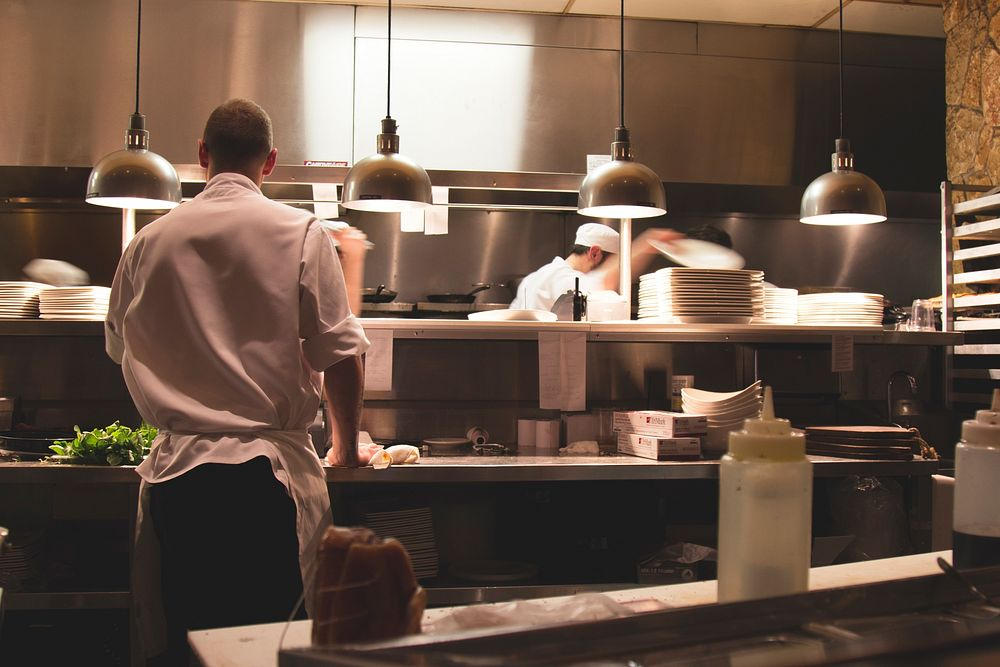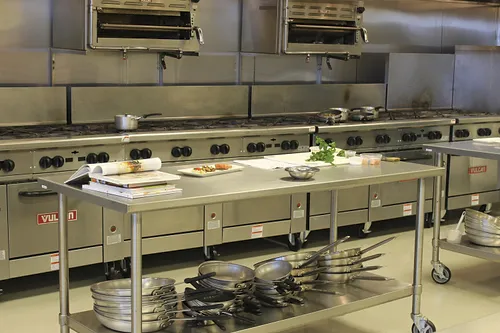Choosing quality commercial restaurant equipment is not just a purchase; it’s an investment in the heart and soul of your culinary establishment. This comprehensive guide aims to illuminate the path for restaurateurs, kitchen managers, and chefs as they navigate the complex world of commercial kitchen equipment. Here, we will dissect the criticality of quality equipment, key considerations before purchase, and the nuances of maintaining these culinary assets.
Why Is Quality Equipment Crucial in a Commercial Restaurant?
In the pulsating environment of a commercial kitchen, the caliber of your equipment can make or break the dining experience. Quality equipment stands as the backbone of efficient food service, elevating customer satisfaction and driving business success. Let’s delve into the pivotal benefits of investing in top-tier kitchen apparatus.
Impact on Food Quality and Service
The direct correlation between equipment quality and food excellence cannot be overstated. Superior machines ensure consistent cooking temperatures, faster service times, and overall culinary excellence.
Cost-Effectiveness and Longevity
Investing in high-quality equipment might seem hefty initially, but it pays off in the long run through durability, lesser breakdowns, and decreased need for replacements.
Safety and Compliance Considerations
High-standard equipment is often synonymous with enhanced safety features and adherence to regulatory compliance, safeguarding both staff and patrons.
What to Consider Before Purchasing Restaurant Equipment?
Before diving into the sea of commercial kitchen equipment, several factors need to be weighed to ensure that your choices align with your restaurant’s unique demands.
Assessing Your Kitchen’s Space and Layout
Understanding the spatial dynamics of your kitchen is crucial. It helps in selecting equipment that fits perfectly, ensuring an efficient workflow. Consider incorporating cut-to-size marble countertops into your kitchen design to enhance aesthetics and functionality. These custom countertops can optimize space utilization while adding a touch of luxury to your culinary space.
Balancing Quality with Budget
Finding the sweet spot between cost and quality is vital. It’s about investing smartly, not just expensively.
Understanding Your Restaurant’s Specific Needs
Each restaurant has its unique requirements based on the cuisine, service style, and volume. Tailor your equipment choices to these specific needs.
How to Evaluate the Quality of Commercial Restaurant Equipment?
To gauge the quality of kitchen equipment, several criteria must be considered to ensure that you are getting the best value for your investment.
Material and Build Quality
The durability and efficiency of equipment are often determined by the materials used and the craftsmanship.
Brand Reputation and Reviews
A brand’s market reputation and customer reviews are insightful indicators of product reliability and performance.
Warranty and Service Agreements
Warranty periods and service agreements are critical, offering a safety net against unforeseen malfunctions.
The Importance of Energy Efficiency in Restaurant Equipment

In today’s world, where sustainability is key, opting for energy-efficient kitchen equipment is not just a trend but a necessity.
Identifying Energy-Efficient Equipment
Energy-efficient equipment reduces operational costs and supports environmental sustainability, a growing concern in the foodservice industry.
The Long-Term Benefits of Energy Efficiency
Apart from cost savings, energy-efficient equipment often comes with advanced features, enhancing overall kitchen performance.
How to Choose the Right Kitchen Appliances?
Selecting the right appliances is a critical decision in setting up an efficient commercial kitchen.
Commercial Ovens and Ranges
The choice of ovens and ranges should be aligned with the types of dishes being prepared and the volume of food service.
You can check for top-notch commercial electric ranges from Kitchenall. They are renowned as one of the leading brands in the market for professional kitchen and restaurant equipment.
Refrigeration and Freezing Equipment
Proper refrigeration is crucial for food safety. Options range from walk-in coolers to under-counter freezers, each serving different needs.
Specialty Appliances for Specific Cuisines
Certain cuisines require specialized appliances. Understanding these specific needs is essential for delivering authentic culinary experiences.
Understanding Commercial Kitchen Safety Standards

Adhering to safety standards is non-negotiable in the restaurant business, and equipment plays a crucial role in this.
Navigating Health and Safety Regulations
Being abreast of health and safety regulations and ensuring your equipment complies is critical for smooth operations and avoiding legal repercussions.
Equipment Maintenance and Safety Tips
Regular maintenance and adherence to safety protocols extend equipment life and safeguard against accidents.
The Role of Technology in Modern Restaurant Equipment
Technological advancements have revolutionized commercial kitchen equipment, making operations more efficient and intuitive.
Smart Kitchen Appliances
From programmable ovens to AI-driven inventory management systems, technology is reshaping the culinary landscape.
The Future of Kitchen Technology in Restaurants
The integration of technology in kitchen equipment is poised to bring unprecedented efficiency, customization, and culinary innovation.
Step-by-Step Guide to Purchasing Commercial Restaurant Equipment
Purchasing commercial kitchen equipment is a multi-step process that demands careful planning and research.
Researching and Comparing Vendors
Comparing vendors, understanding their offerings, and assessing their credibility are vital steps in the purchasing process.
Finalizing the Purchase and Arranging Installation
Once a decision is made, finalizing the purchase and planning for installation involves logistical considerations and technical assessments.
The Pros and Cons of New vs. Used Restaurant Equipment
Deciding between new and used equipment is a critical financial decision, each with its own set of benefits and drawbacks.
When to Choose New Equipment
New equipment offers the latest technology and comes with warranties but at a higher cost.
Tips for Buying Used Equipment
Used equipment can be cost-effective but requires thorough inspection and consideration of maintenance history.
Financing and Budgeting for Restaurant Equipment
Navigating the financial aspects of purchasing restaurant equipment is as crucial as selecting the equipment itself.
Exploring Financing Options
Understanding different financing options, like leasing or loans, can help in making informed decisions.
Budgeting for Long-Term Success
Strategic budgeting, considering both upfront costs and long-term operational expenses, is essential for financial stability.
Maintenance and Care of Commercial Restaurant Equipment

Proper maintenance is key to ensuring the longevity and efficiency of your kitchen equipment.
Developing a Maintenance Schedule
Regular maintenance schedule helps in early detection of issues and prolongs equipment life.
Dealing with Repairs and Replacements
Knowing when to repair or replace equipment is crucial in maintaining kitchen efficiency and safety.
Conclusion
Selecting the right commercial restaurant equipment is a complex but critical process. It demands careful consideration of various factors – from quality and efficiency to budget and safety standards. This guide aims to serve as your compass in this journey, helping you make informed decisions that resonate with your culinary aspirations and business goals. Remember, the right equipment is not just about cooking; it’s about crafting experiences, ensuring safety, and building a sustainable business.





